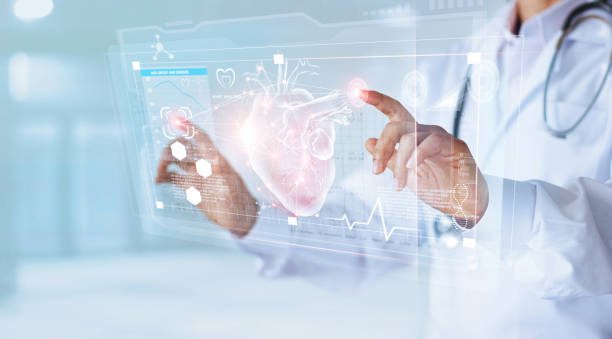İçindekiler Tablosu
What Causes Pain in the Heart?
It is a feeling of pain or discomfort felt in the chest area. heartache, may be a sign of a serious condition. Therefore, it is important to seek medical attention immediately in case of any doubt. It may be caused by various reasons. The most common cause is coronary artery narrowing, which cannot provide enough oxygen.
It often causes angina (chest pain). Heart attack is also among the serious symptoms. It requires urgent medical intervention in the early stages.
Feeling of tightness, pressure, or heaviness
Chest pain or discomfort
Shortness of breath or difficulty breathing
Sweating
Dizziness or fainting feeling
Nausea or vomiting
Pain or discomfort in the jaw, neck, shoulders, arms, or back
Its symptoms may differ between people. Sometimes the symptoms can be completely different. In particular, factors such as age, gender and current health status can affect it.
If heartache If you are experiencing symptoms or suspect there is a problem, it is important to contact a healthcare professional immediately.
What Causes Heart Pain and What Are Its Symptoms?
Among the public, the complaint of "my heart hurts" is voiced a lot, so much so that even children of school age may tell their parents and worry them. The truth is that the heart does not hurt. Unless they have a heart attack as a result of blockage of the coronary arteries at an advanced age, there is no such thing as heart pain. Such a heart attack occurs as sudden, oppressive chest pain.
- It could be a sign of a serious problem, so it's important to get immediate medical help. Get professional help quickly by calling an ambulance or contacting the nearest emergency room.
- If you have previously had vascular health problems or think you have heart disease, it is important to see a cardiologist. The specialist will evaluate your symptoms and help make a diagnosis by performing appropriate tests.
- For some people with the disease, medications prescribed by a doctor are vital. It is especially important to take your medications regularly, following your doctor's instructions. Do not change or stop the dosage or use of your prescribed medications.
- It is important to adopt a healthy lifestyle to protect against chronic diseases.
- heartache Determine your treatment plan with your doctor. Don't forget to go for regular check-ups.



One comment
Pingback: Symptoms of Cardiovascular Occlusion - Prof. Dr. Yavuz Beşoğul